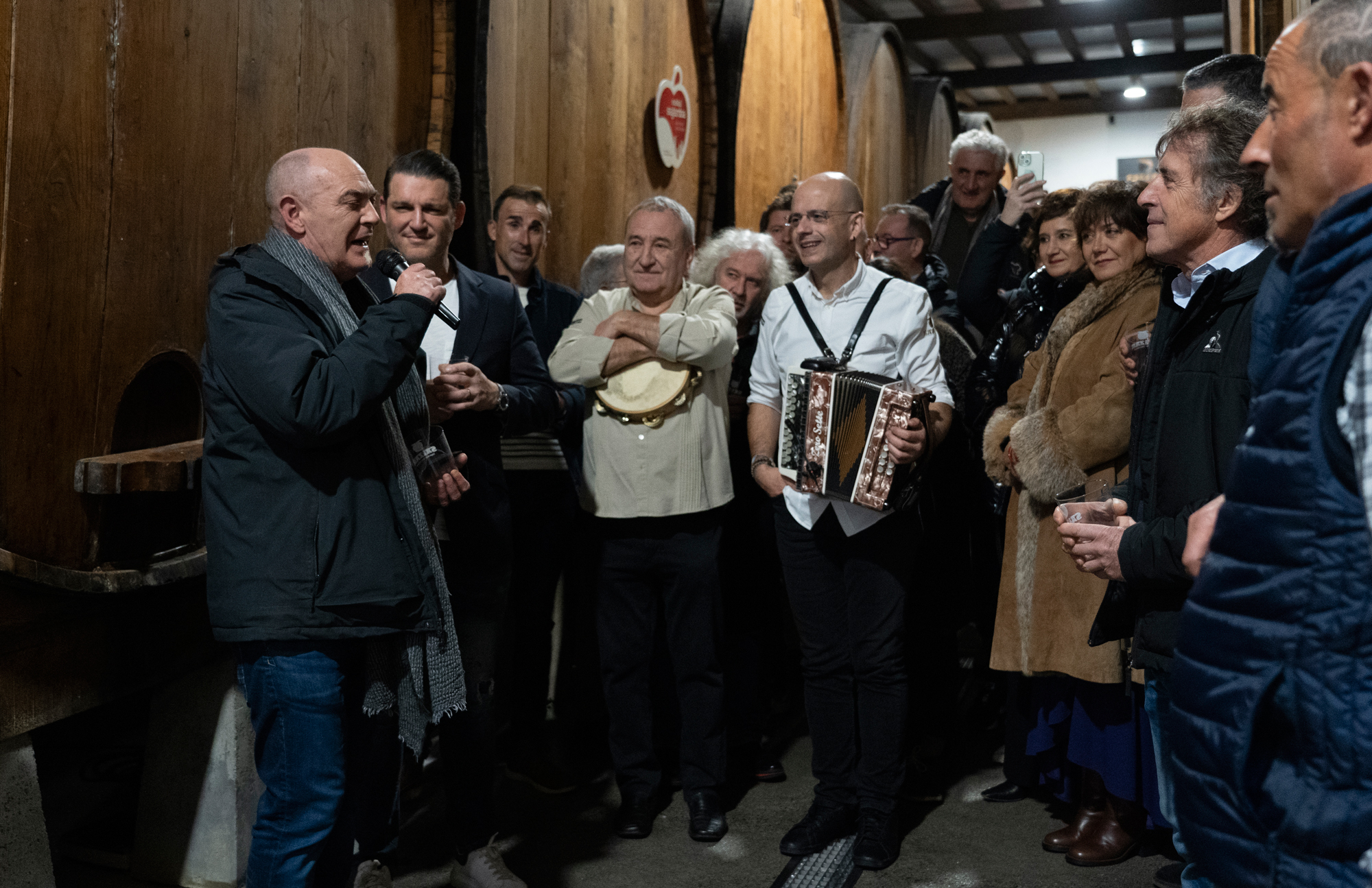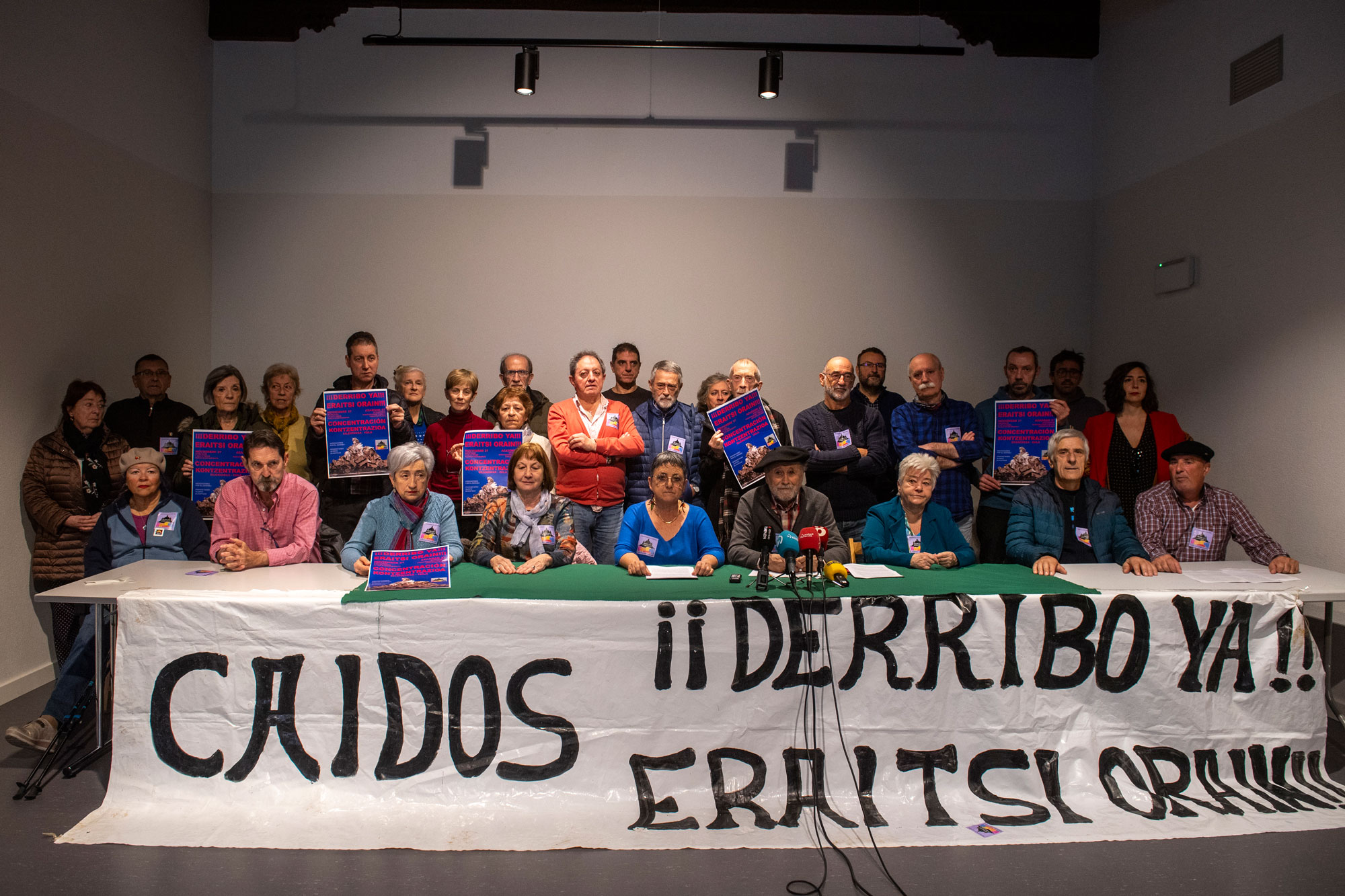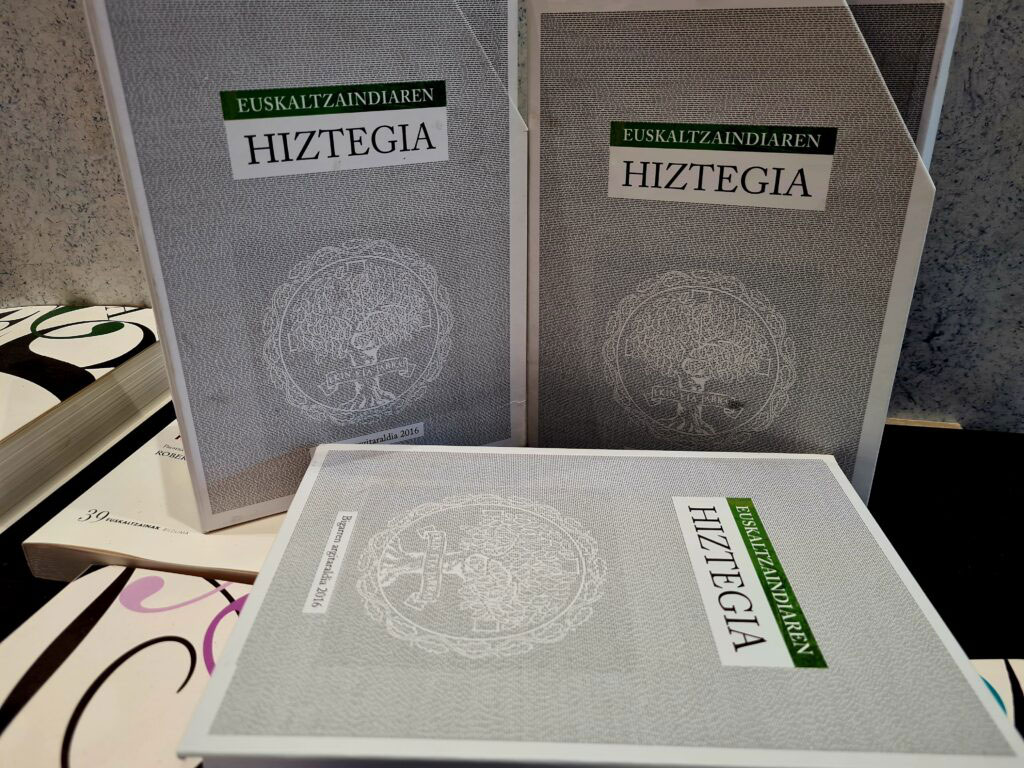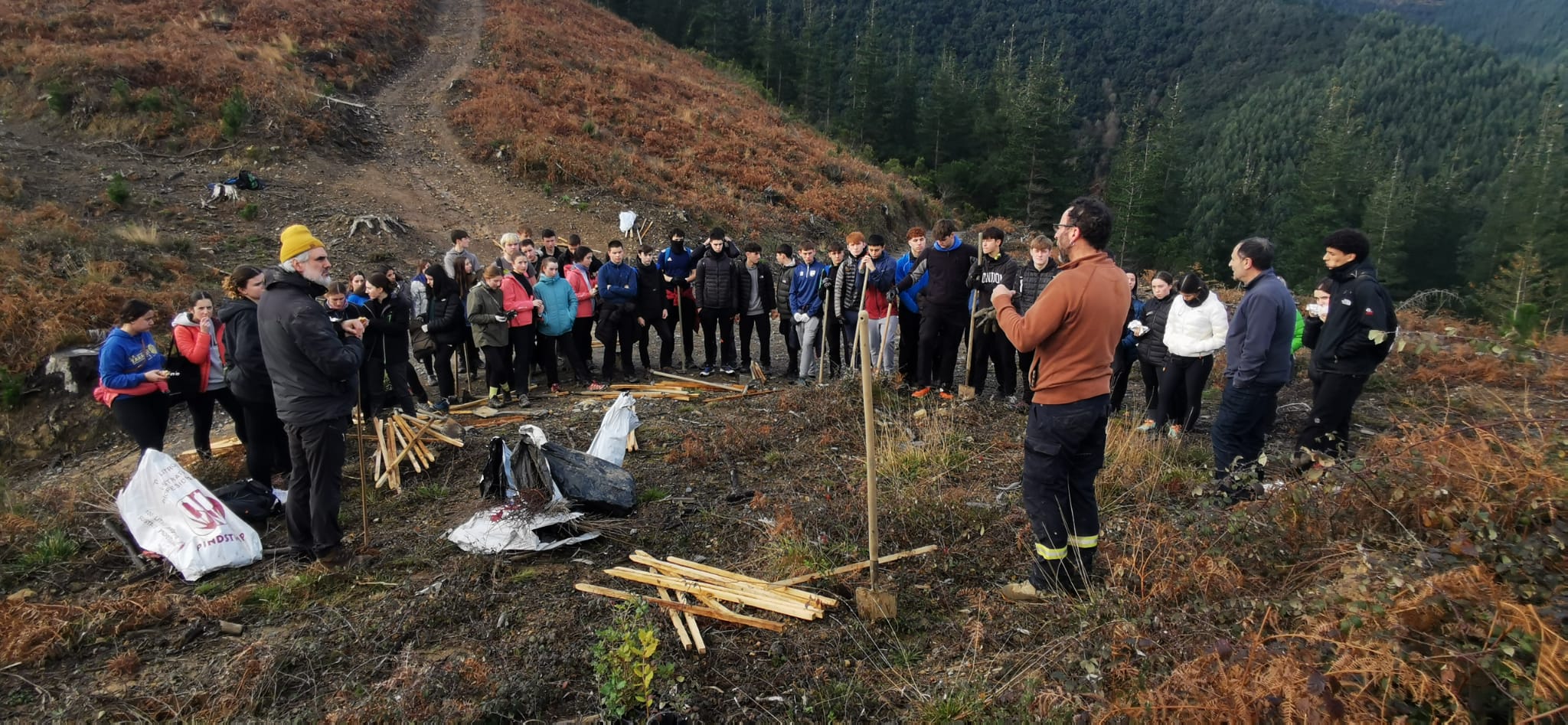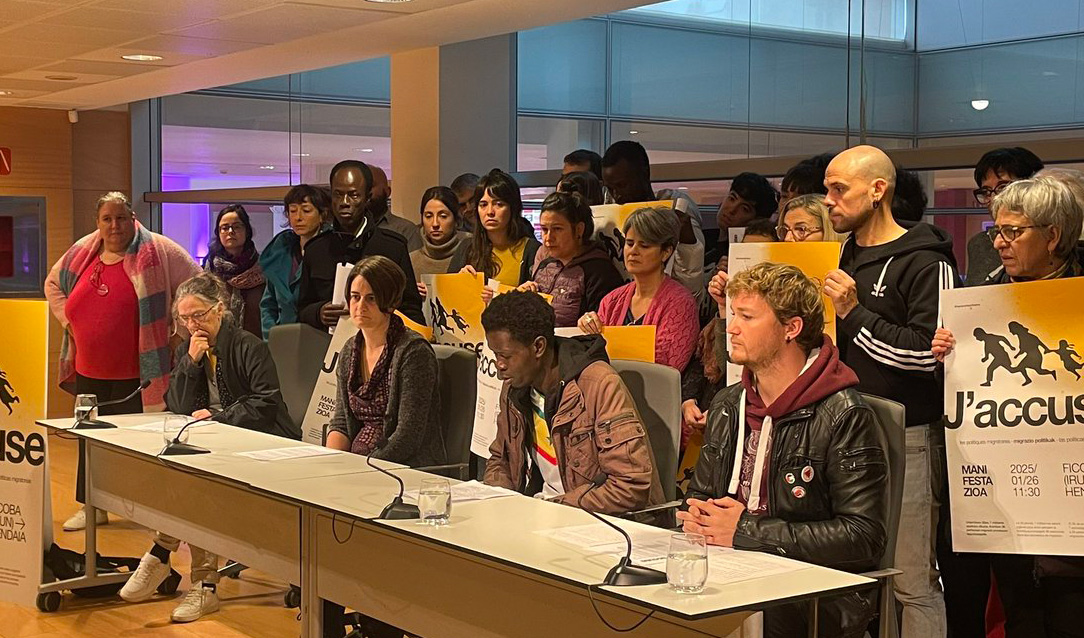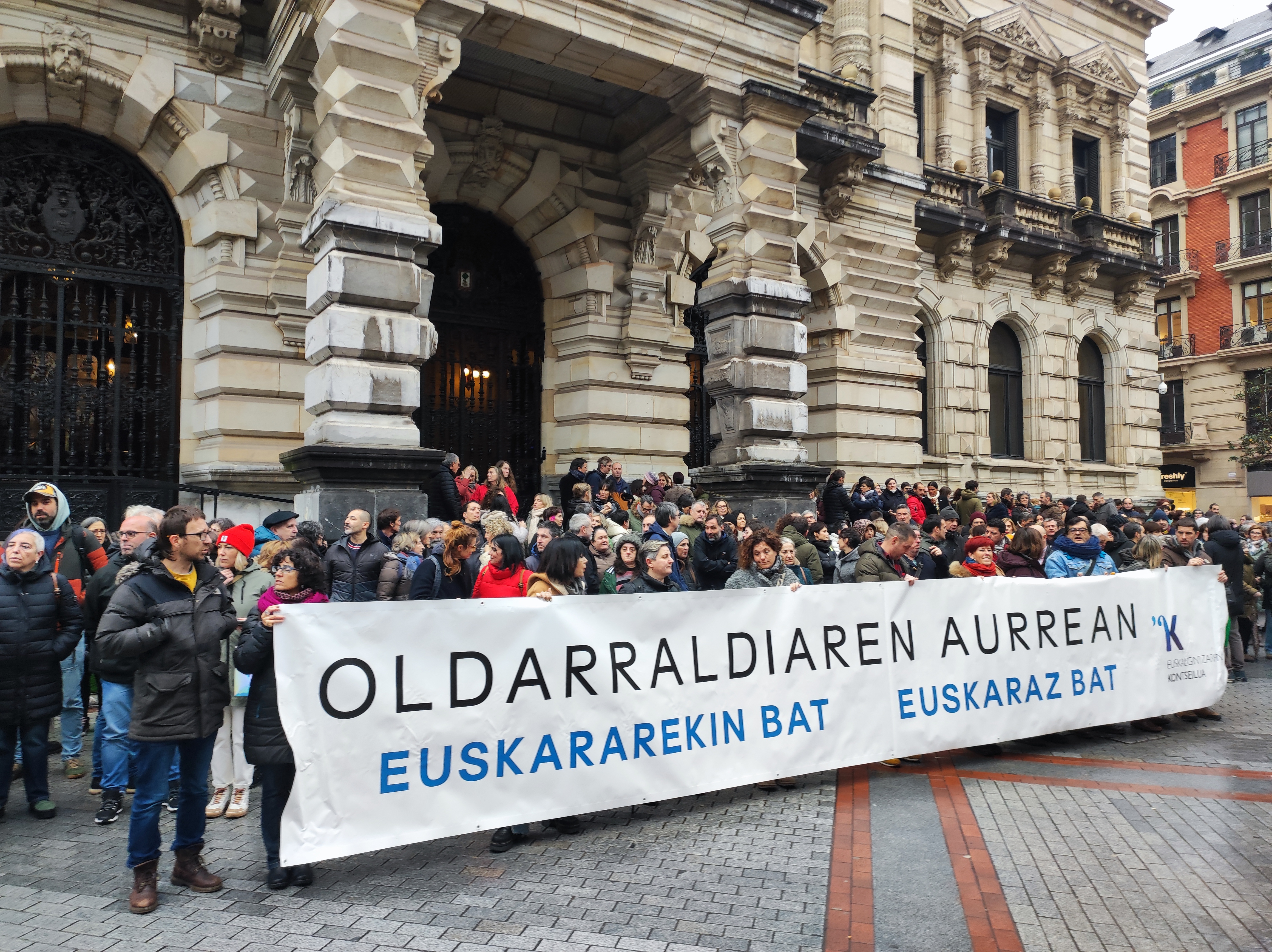Well-being at work
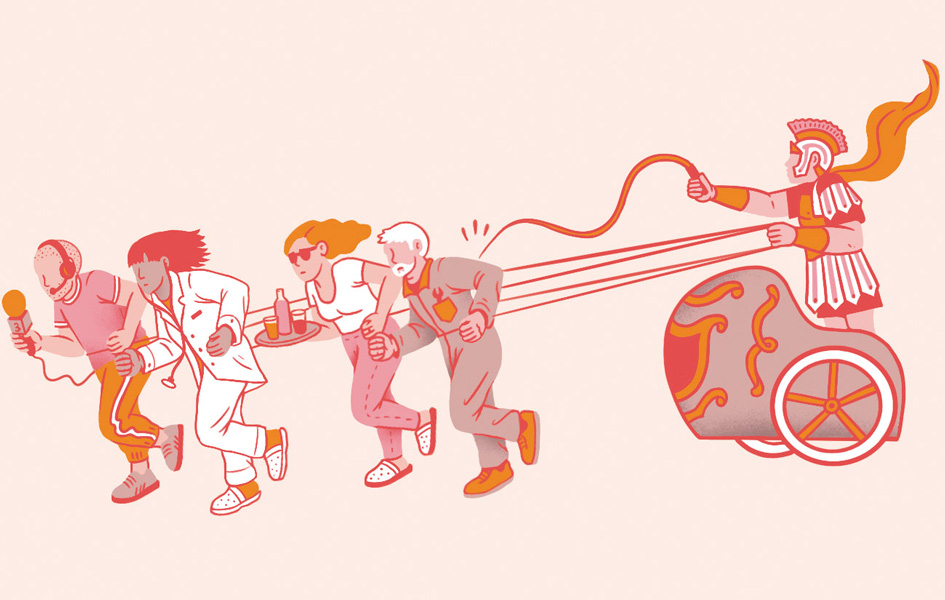
Last year, in the Aldude area in the Baigorri Valley, citizenship met for six months to reflect on the concept of work: what is the work symbolism, the role of work in our lives or in the local economy, etc. One thing surprised me in the conversations. When the issue of well-being at work appeared, the majority of the population stated that they did not want to talk about it, that it was a topic that seemed and was not worth, that they did not deserve to waste their time. Some, however, wanted to talk about it. The others answered that it was normal to link work with difficulty, regret and pain, since work is always a heavy and arduous task. The “true Basques” considered laziness as a sin.
This conception, extended both in the countryside and in the factories of the cities, has to do with the conception of the work of the Bible, precisely with the unavoidable curse or punishment of God. It has to be said that, at least as far as Ipar Euskal Herria is concerned, the French linguists also have their lack in this way of seeing the work. However, most linguists and teachers in general have shown that the word "travail" in French comes from the Latin triptych, which means "make suffer, torture with the trepalium tool". Working can be tortured, first physically, then morally. In addition, following the famous reflections of the seventeenth century philosopher Blaise Pascal, it can be understood that this is a suffering we accept. Because if we stayed in the bedroom, lazy, existential questions would come to us, and thoughts about death could make us crazy. We therefore have no solution: work is an inevitable suffering, we have to accept it all our lives, so that we do not have greater suffering, existentialist sounds. Here's where chimera vendors, empty amusement dealers, have opened the way.
However, some new French linguists have shown that the word travail, like the work name, would mean etymologically “tension over a special purpose, despite obstacles”. The positive force that can become working is the force that gives meaning to life. We can build on a very different ideology with this explanation.
I believe that this significant anecdote that comes from linguistics is a good reflection of today's world of work. In their youth, one or another occupation is chosen at risk of flourishing, overcoming obstacles, but it is increasingly difficult to feel good at work, because it feels the pressure of the elderly or society, because it has to assume an increasing workload, due to the rhythm of work it has to choose not to have healthy children or families, because it has to remain in constant fear.
Being good at work to do a good job and being happy at work is one of the most urgent challenges of the moment.
I remember the genius of the writer Jean de La Fontaine. He did not do any torturing work imposed by society in his life, he was a mere writer – and by provocation he invented as his epitaph the following words: “He took good advantage of time: half in sleep, the other in vain.” But as a writer, he was a wonderful worker, as reflected in the fable The Labourers and their children, because work can enrich people – if it feels good at work – more than any treasure.
These were my last words when we left, held hand in your deep breathing sleep. Your heart stayed forever without a special, simple, dignified pain. As you want and demand. How we want and respect.
Already a month before the arrival of winter, the last days of the longest night,... [+]
AMAK
Company: Txalo teatroa.
Created by:Elena Díaz.
Address: Begoña Bilbao.
Actors: Finally, Ibon Gaztañazpi will account for the details of Intza Alkain, Tania Fornieles, Oihana Maritorena and IRAITZ Lizarraga.
When: 10 January.
Where: Auditorio Itsas Etxea... [+]
Today, the voices of women and children remain within a culture that delegitimizes their voices, silencing their experiences, within a system aimed at minimizing or ignoring their basic rights and needs. A media example of this problem is the case of Juana Rivas, but her story... [+]
Euskalgintzaren Kontseiluak eta Bizkaiko Foru Aldundiko langileak elkarretaratzea egin dute langileen egonkortzearen eta euskalduntzearen alde.











.jpg)


